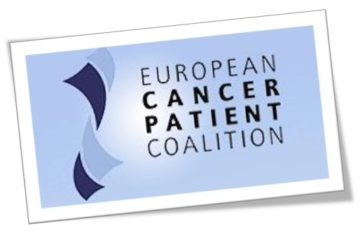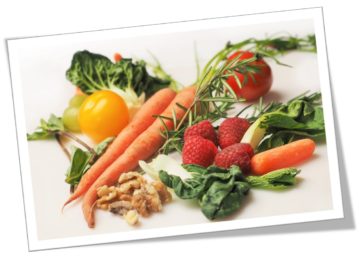Pancreatic Cancer and the Importance of Nutrition and Physical Activity

March is Nutrition and Physical Activity Awareness Month, a month dedicated to increasing awareness of the importance of nutrition and physical activity for people living with cancer.
As these are vital components of the treatment and rehabilitation process, by raising awareness, the mission is to help sufferers better cope with their illnesses.
Here we have gathered the most important information provided by the European Cancer Patient Coalition (ECPC) to give you a brief overview of the importance of nutrition and physical exercise during your treatment and rehabilitation of pancreatic cancer.
Nutrition
Nutrition can be a major focus for people who have been diagnosed with pancreatic cancer. The disease itself, along with treatments such as surgery, radiotherapy and chemotherapy, can change your body’s ability to digest and absorb nutrients from food. The main functions of the pancreas are to provide digestive enzymes to help break down food and hormones such as insulin and glucagon to control blood sugars. Pancreatic cancer can therefore interfere with this, leading to digestive problems and prevent you from absorbing all the nutrients from your food.

When considering nutrition, it is important to assess your individual needs with your GP or healthcare professional, so that you can have a tailored nutrition plan and are aware of the potential side effects of treatments.
If your GP finds that your nutritional intake is insufficient, they might prescribe you vitamins that will be crucial in preventing weight loss. Remember – it is important that you don’t self-prescribe vitamins or antioxidants during your treatment and recovery.
You should aim to eat several meals a day and try to keep high calorie and protein snacks handy. You should also try to drink most of your liquids between your meals.
For inspiration on high calorie meals, order a free copy of our recipe book here.
Try to keep track of your weight during treatment and throughout your rehabilitation, it can be critical in assessing how your body might have changed: your tolerance to certain foods and nutrients; your appetite; and your eating habits.
 |
You can keep track of your weight by keeping a personalised weight diary and using the NHS Calorie Checker. |
Physical Exercise

We understand that staying physically active during and after your treatments can be difficult, and it is important to remember not too push yourself too hard. By engaging in twenty minutes of moderate intensity exercise each day after your cancer treatment, you should be able to regain muscle mass and strength at a reasonable pace.
By staying physically active, you will be able to tackle the physical and psycho-social side effects associated with cancer treatments, including reduced muscle mass and strength, increased fat mass and fatigue.
Please consult your oncology care team for guidance and advice in starting or continuing physical activity.
| Norman’s Blog |
| Norman Whitwood was diagnosed with pancreatic cancer in 2012 but, having been lucky enough to be diagnosed early, is now a survivor and fantastic supporter of Pancreatic Cancer Action.
Norman has written blogs about how he keeps up with his fitness and well-being to help others who are suffering with the disease. You can read his blogs here. |
If you are ever concerned about nutrition or physical activity during your treatment or rehabilitation, please express your concerns with your GP.
If you would like to find out more from ECPC about Nutrition and Physical Activity Awareness Month, please click here.